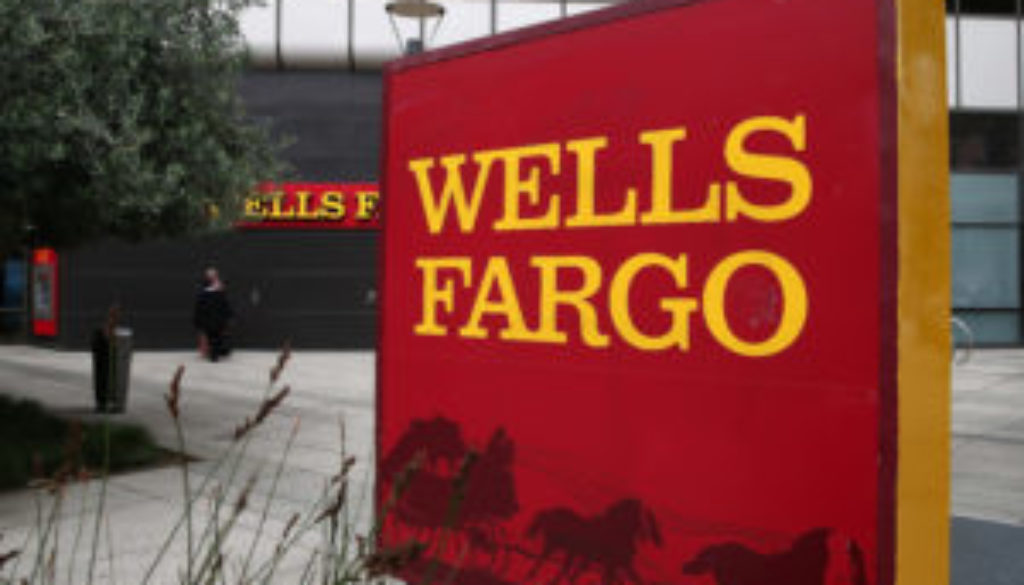What Are We to Make of the CFPB’s Billion Dollar Wells Fine?
By Jeff Sovern, St. John’s University School of Law
As Allison posted earlier, the CFPB has levied a $1 billion fine on Wells. Some first reactions:
A person inclined to give acting director Mulvaney the benefit of the doubt might say that this shows that the Bureau is keeping Mr. Mulvaney’s promise to enforce consumer financial protection laws vigorously when that is warranted. This marks the first enforcement action of Mr. Mulvaney’s tenure, and the billion dollar fine is indeed vigorous. The Bureau imposed the fine using its power to proscribe unfair practices; perhaps we will see similarly aggressive actions when Mr. Mulvaney concludes a miscreant has behaved deceptively. Mr. Mulvaney’s professed uncertainty about when conduct is abusive makes it unlikely that he will use the Bureau’s power to pursue companies for abusive practices.
A person less enthusiastic about Mr. Mulvaney (regular readers will know I fall into this camp) will note several things:
- The OCC fined Wells $500 million, and the CFPB credited that sum towards its $1 billion fine, so this is effectively a $500 million fine by the CFPB. Sure, $500 million is still a huge amount but:
- Fines are supposed to both punish past misconduct and deter future misconduct. How much additional deterrence are we going to get from this fine? Wells had already been slammed by the Bureau, OCC, and the Federal Reserve. If that’s a prerequisite for a Mulvaney-enforcement action, how many financial institutions are going to avoid misconduct out of fear that the same thing could happen to them? Probably not many if they think that they will escape punishment from the Bureau unless they have the string of misbehavior that Wells has been tagged for. Could what’s really be going on be a political exercise in creating the illusion of forceful consumer protection without making other financial institutions worry that the Bureau will come after them? In addition, how would the Bureau have looked if it had not fined Wells when the OCC was imposing a $500 million fine on them? Did the OCC’s action increase the pressure on Mr. Mulvaney to act?
- Then there’s the Trump tweet. That tweet is not just something lurking in the background: the American Banker headline reads Wells’ $1B penalty: Regulators make good on Trump tweet. That raises a second concern that this is a political exercise: now the president can campaign on the argument that he is tough on banks (well, one anyway)–even if he has protected them in other ways, like preserving their power to use arbitration clauses to escape class action law suits. Would an independent CFPB director have taken this action, or is this at least partly the product of a White House factotum? In that regard, NY Times columnist James B. Stewart’s piece today is titled Punishing Wells Fargo: Just Deserts, or Beating a Dead Horse?. Don’t misunderstand: my best guess is that an independent director would have fined Wells for the misconduct at issue here. But I wonder if the fine would have been so large. I don’t have any insight into that at all, but the lack of independence naturally generates such questions. And I particularly wonder if Mulvaney would have fined Wells if Trump had not tweeted that Wells would pay big fines and penalties.
It’s good news that the CFPB has finally announced an enforcement action under Mr. Mulvaney. But I remain very interested to see what the next enforcement action is, if there is one. I suspect it will be a debt collection case for two reasons: first (the innocent explanation), Mr. Mulvaney has already indicated that the number of complaints about a matter should drive Bureau priorities and also noted that the Bureau receives many debt collection complaints. Second (the cynical explanation), the Bureau is not the only entity that can bring debt collection cases, meaning that even if the Bureau chooses not to bring a debt collection case, someone else may bring the same case, and so there is not much more deterrence effect when the CFPB files a debt collection case. Even when Mr. Cordray directed the Bureau, the FTC brought more debt collection cases than the Bureau, and of course private plaintiffs bring thousands more such cases. So if the Bureau wants to create the impression of vigorous enforcement, without actually making a difference, debt collection is one way to go.

